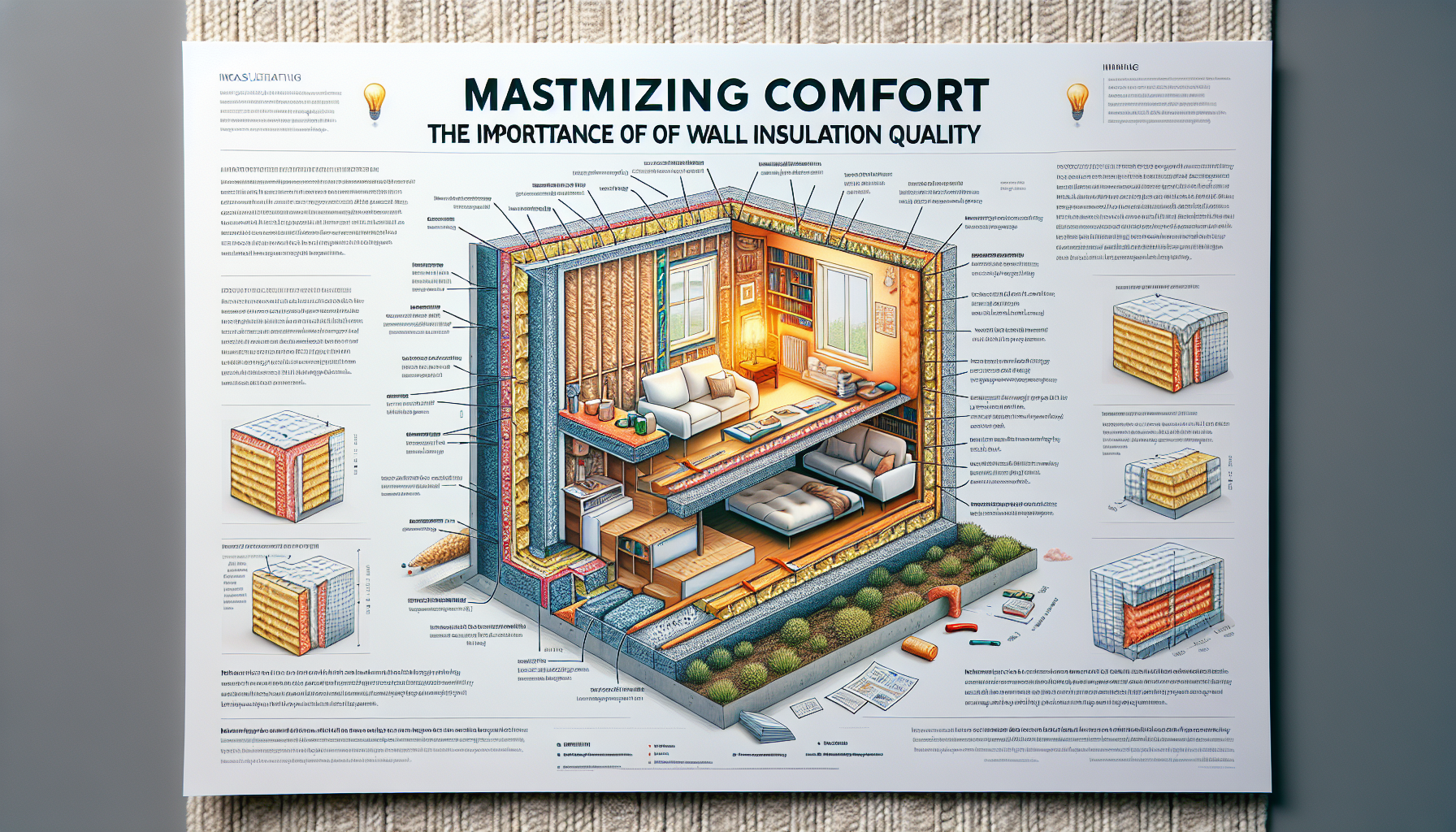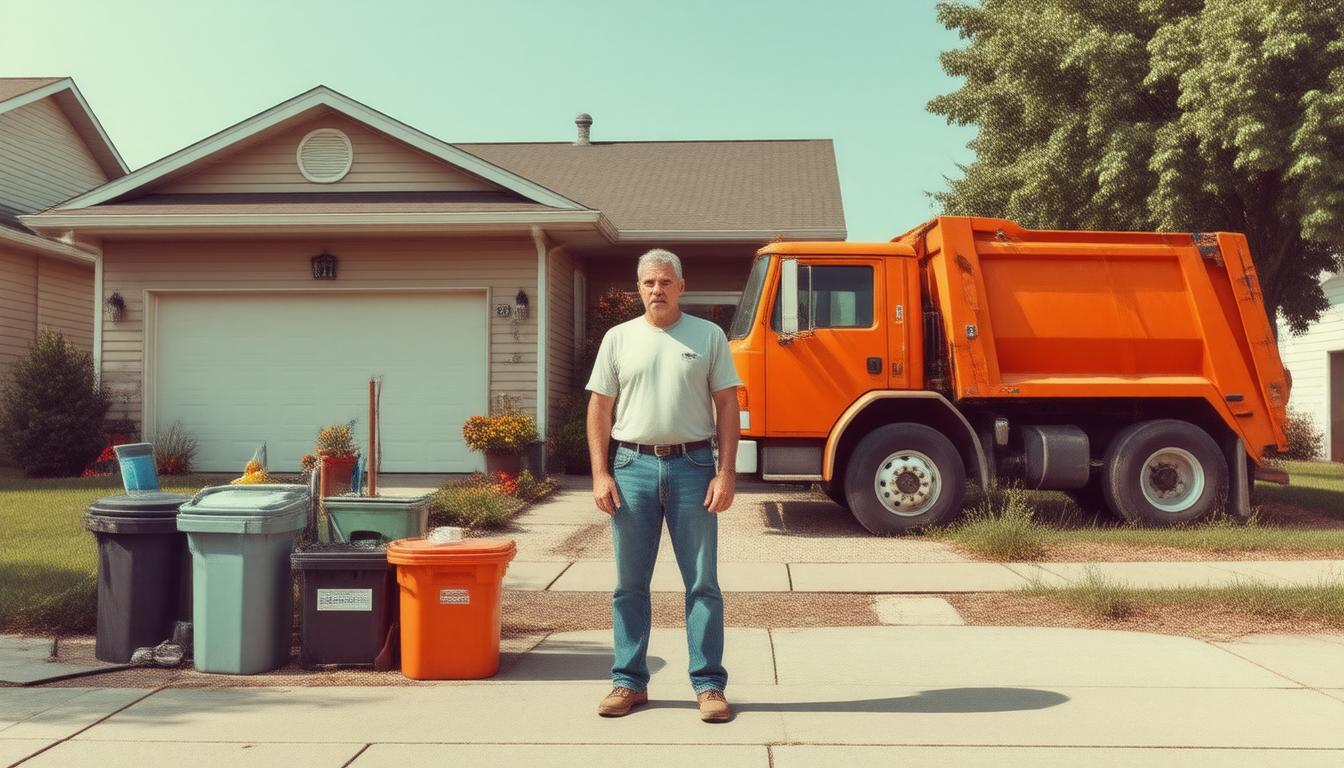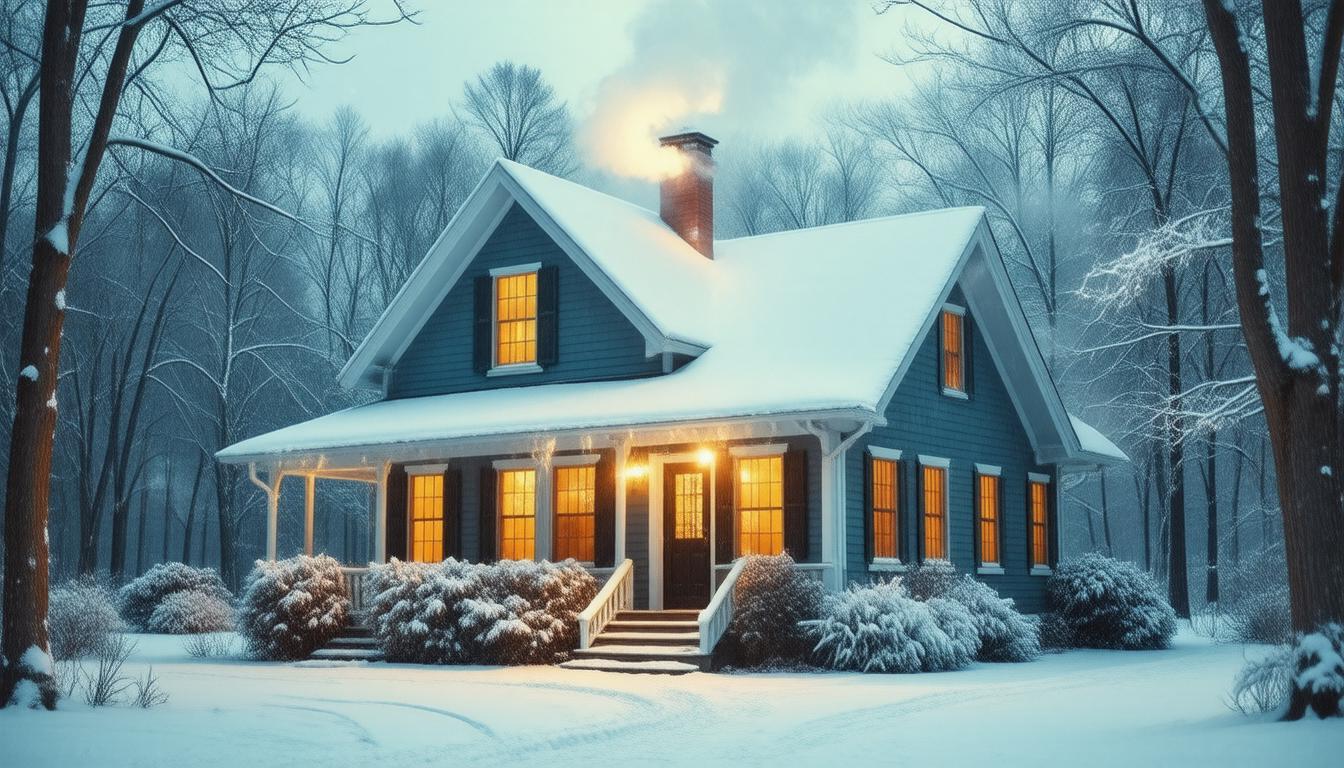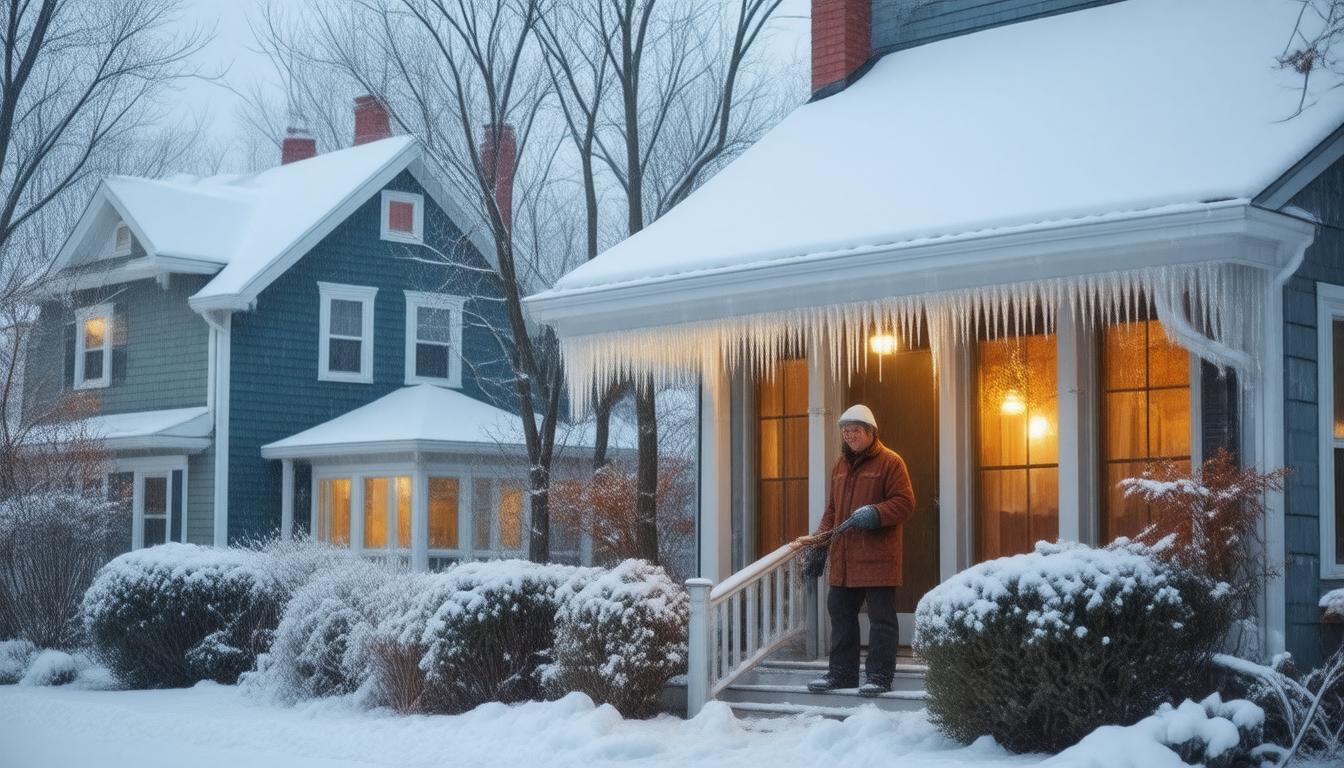
Wall insulation plays a pivotal role in maintaining the comfort and efficiency of any home or building. It acts as a barrier that limits the transfer of heat through walls, keeping interiors warm during cold periods and cool when it’s hot outside. The importance of high-quality wall insulation cannot be overstated, as it directly impacts not only comfort but also energy consumption and, consequently, utility bills. By hindering the natural tendency of heat to flow from warmer to cooler spaces, insulation allows inhabitants to enjoy a consistent indoor environment without overburdening heating and cooling systems.
Choosing the Right Insulation MaterialThe market offers a variety of insulation materials, each with its own advantages and suitability for different situations. Common materials include fiberglass, foam, and cellulose, among others. When selecting an insulation material, it is critical to consider its R-value, which measures the material’s resistance to heat flow. The higher the R-value, the better the insulation properties of the material. Additionally, the durability, moisture resistance, and environmental impact of the insulation material are factors that should influence the choice. The goal is to choose an insulation that not only delivers excellent thermal performance but also is appropriate for the specific conditions and needs of the building.
Professional Installation for Optimal PerformanceEven the highest quality insulation will underperform if not installed correctly. To maximize comfort, professional installation is essential. Expert installers understand how to properly fit insulation without leaving gaps or compressing the material, which can significantly degrade its effectiveness. They are also trained to identify and seal potential air leaks, which can be just as detrimental to a building’s thermal retention as inadequate insulation. By ensuring that insulation is installed with precision, homeowners and building managers can rest assured that they are getting the maximum benefit from their investment.
Regular Inspections and MaintenanceTo maintain the comfort and energy efficiency provided by wall insulation, regular inspections and maintenance are necessary. Over time, insulation can settle, become compressed, or be damaged by pests or moisture, all of which can impair its performance. Scheduling periodic checks, especially in older buildings, can spot issues before they lead to significant heat loss or gain. If problems are detected, proper maintenance or replacement of the damaged insulation can restore its effectiveness and ensure continuous comfort.
The Environmental and Financial Impact of Quality InsulationInvesting in quality wall insulation has both environmental and financial benefits. By reducing the amount of energy required to heat or cool a building, insulation helps to lower greenhouse gas emissions, contributing to a healthier planet. In terms of financial impact, the initial cost of purchasing and installing insulation is usually offset by the savings on energy bills over time. In fact, good insulation often pays for itself several times over its lifespan. Hence, prioritizing the quality of wall insulation is not only a matter of comfort but also a smart financial and environmental decision.
Conclusion: A Priority for Sustainable LivingMaximizing comfort through high-quality wall insulation is a critical aspect of creating sustainable, energy-efficient living and working spaces. With an understanding of the importance of insulation, the knowledge to choose the right material, and the expertise of professional installation and maintenance, building owners can ensure a comfortable indoor environment while minimizing their energy usage and environmental footprint. It is clear that wall insulation quality is not just a luxury but a necessity for anyone looking to live or work in a comfortable, cost-effective, and environmentally responsible space.







